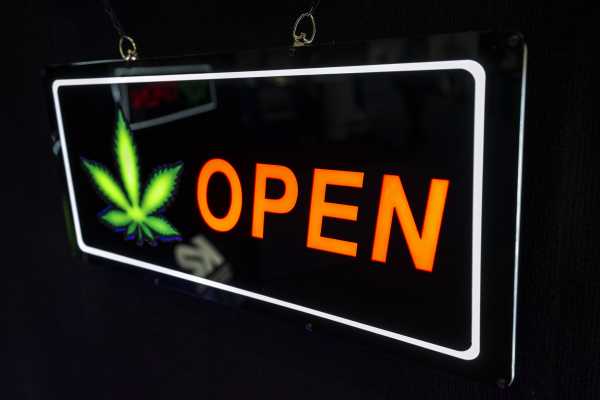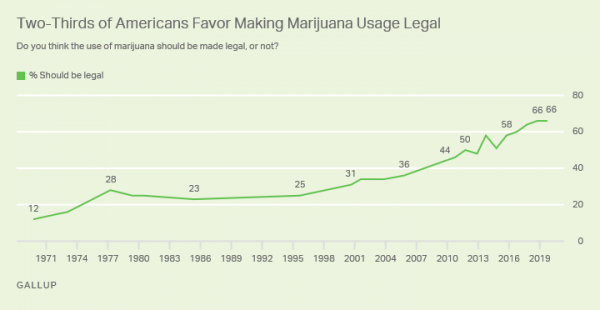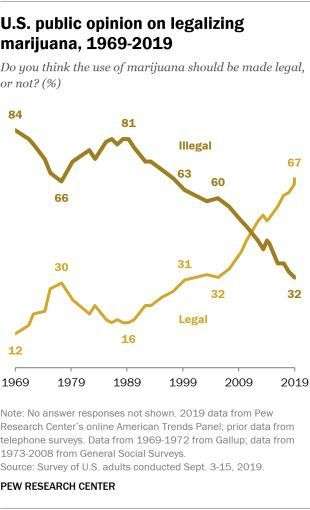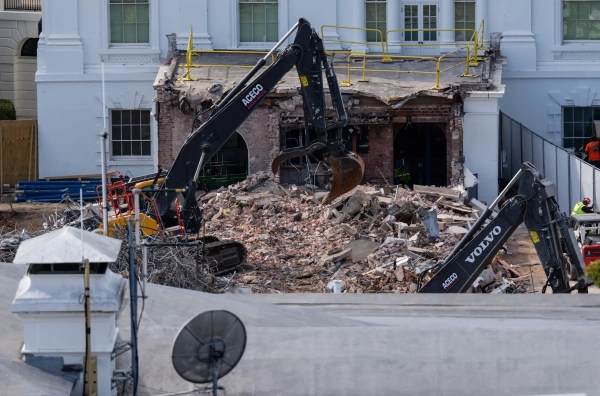
It looks like 2020 could be a very big year for marijuana legalization.
The year began with a bang when Illinois started recreational marijuana sales, after the state became the 10th in the country and the second in the Midwest to legalize marijuana.
It’s a big deal because Illinois is a big state — the sixth most populous overall and the second most populous to legalize pot — but also because of how Illinois legalized: It’s the first state to allow recreational sales through the legislature, meaning state lawmakers and the governor signed off on it. That typically cautious politicians signed off on legalization is a testament to its growing political appeal.
Several state governments could follow Illinois’s lead this year. In New York, Gov. Andrew Cuomo has pushed for legalization — and it almost passed in 2019, with a deal falling apart at the last minute due to disagreements about how the tax revenue raised should be used and how to help people hurt by the war on weed. In New Mexico, Gov. Michelle Lujan Grisham has made it a priority to legalize marijuana, though it’s unclear if the legislature is ready to do so. In Vermont, Gov. Phil Scott, who legalized marijuana possession but not sales, now may be open to legalizing sales. Connecticut and Rhode Island also could legalize through their legislatures.

The Rehab Racket is Vox’s investigation into America’s notoriously opaque addiction treatment industry. We’re crowdsourcing patients’ and families’ rehab stories, with an emphasis on the cost of treatment and quality of care. If you’d like help our reporting by sharing your story, please fill out this survey.
Most states that have legalized so far, however, have done so through ballot initiatives, and many more may join them. Recreational legalization could end up on the ballot this year in Arizona, Arkansas, Missouri, Montana, New Jersey, North Dakota, Oklahoma, and South Dakota. Idaho, Mississippi, Nebraska, and South Dakota may vote on medical marijuana this year too. Not all of these are guaranteed to appear on the ballot, much less win a vote, but activists are trying. (Mona Zhang at Politico and Tom Angell at Forbes have good rundowns of these efforts.)
Separately, Virginia is likely to decriminalize marijuana, which would keep some penalties on pot, particularly fines, but attempt to remove the threat of arrest, jail, or prison.
In all, that means at least 18 states stand to loosen their marijuana laws just this year.
Although marijuana is legal under some states’ laws, it remains illegal under federal law — creating all sorts of hurdles, from taxing to banking to interstate commerce, even in places where weed is legal under state law. President Donald Trump has maintained that status quo, opposing federal legalization but letting states decide the issue for themselves.
It’s notable, then, that all the higher-polling Democratic presidential candidates, with the exception of Joe Biden, support legalizing pot. That could make a big difference in spurring Congress to take action or if, as Bernie Sanders promised, the next president takes executive action to pull back prohibition.
A lot of this is still up in the air. But it’s all buoyed by one fact: Marijuana legalization is very popular nationwide, according to the most recent polls. That’s emboldening both activists and lawmakers to take the issue far more seriously than in years past.
Marijuana legalization is very popular
According to Gallup, only about 34 percent of US adults supported marijuana legalization in 2001. By 2019, that was up to 66 percent — a full two-thirds.

Gallup is not alone in its findings. Another poll, from the Pew Research Center, found 67 percent of Americans now back marijuana legalization, up from less than half of that two decades prior. Opposition to legalization also dropped to 32 percent, down from almost double that two decades before.

Pew also asked respondents what kind of legalization they back. About 59 percent said they want medical and recreational legalization, while 32 percent said they only want medical legalization. Only 8 percent said neither.
To put it another way: Fewer than one in 10 Americans agree with the current federal policy on marijuana.
Pew found that even a majority — 55 percent — of Republicans, who are generally more skeptical of drug policy reform, support legalizing pot (though it’s unclear if some of them only back medical legalization). Gallup produced similar findings, with 51 percent of Republicans backing legalization. This means a bipartisan majority now backs the change.
This helps explain why marijuana legalization has spread to, besides Illinois, 10 states and Washington, DC, with at least one marijuana legalization victory during each of the past four federal elections. That’s why the Democratic candidates have overwhelmingly landed on the side of legalization. It’s why Trump’s administration, despite at first hinting at a renewed war on marijuana, has mostly taken a hands-off approach to states that legalize. And it’s why more states are now moving toward legalization.
Supporters of legalization argue that it eliminates the harms of marijuana prohibition: the hundreds of thousands of arrests around the US, the racial disparities behind those arrests, and the billions of dollars that flow from the black market for illicit marijuana to drug cartels that then use the money for violent operations around the world. All of this, legalization advocates say, will outweigh any of the potential downsides — such as increased cannabis use — that might come with legalization.
Opponents, however, claim that legalization will enable a huge marijuana industry that will market the drug irresponsibly. They point to America’s experiences with the alcohol and tobacco industries in particular, which have built their financial empires in large part on some of the heaviest consumers of their products. This could result in more people using pot, even if it leads to negative health consequences.
If you want to understand why supporters keep winning, just look to the polling: Americans overwhelmingly and increasingly agree that it’s time to legalize pot.
For more on marijuana legalization, read Vox’s explainer.
Sourse: vox.com






